MARITIME AFFAIRS
According to the ISPS (convention) a vessel which is more then 500 gross ton has to be inspected. The certificates linked to the vessel are determined by the Country of Registration and the certification specifications. Maritime Affairs inspects high risk vessels for the island. Maritime Affairs assesses this by using a matrix of all vessels. The vessels that present the highest risks will be inspected first. If a certificate is expired they are ready to for detention. If a vessel is no longer seaworthy, it must be anchored or it has to dock immediately.
PCS features for Maritime Affairs:
1. Remark field for Agent / Vessel captain which informs Maritime Affairs of any defect or issues prior to ship arrival
2. Option for Maritime Affairs to report incidents
3. Seperate ISPS mater and Security mater; ISPS mater is in CENTER PCS and Security is in GLS
CUSTOMS DEPARTMENT
The Customs Department files clearance at The Regional Clearance System (RCS) in a system from The Caribbean Customs Organization (CCO), who then approves the clearance. Harmonizing the codes between the Customs Department and the CCO is a tedious and time consuming. The Custom Official is required to follow a course for the harmonization of codes. Customs has been working with Excel.
PCS features for Customs:
1. Connection RCS with PCS
2. Share data between St. Maarten and St. Martin with filters for certain data
3. Digitilization of documentation, reduce paperwork
4. Apply harmonization codes via PCS
KPSM IMMIGRATION & BORDER PATROL
Immigration has been using a border management system in which agents should report relevant vessel information. This information includes passenger and crew details. Immigration would need to physically pick up the passports and is dependent on agent information. Especially retrieving the passports for yachts is a time consuming process.
Challenges:
1. Security sensitive
2. Limited data storage space
3. Disputable ownership rights in regards to information and intergration
4. Unreliable yacht information
PCS features for Immigration:
1. PCS to connect to Chamber of Commerce database in order to integrate all agents
2. Push notification (flagging arriving individuals)
3. Yacht portal for input of agents
4. Digital uploading of passports
COASTGUARD
The Coast Guard is interested in the last port, the routing and the position of the vessel. They need the have access to this information. The routing of vessels is not clear.
PCS features for the Coastguard:
1. Vessel call requests to be shared with Coast Guard
2. Indication of location of the vessels
3. Vessel routing information for Risk Analysis
ECONOMIC AFFAIRS
For the IAFA (Inspection of Agriculture, Food and Animals) it is important to be aware cargo with plant related products and animals. Inspection of inter-island vessels is challenging due to the fact that these vessels do not have agents and this causes delays in receiving information as well as incomplete information.
PCS features for the Economic Affairs:
1. Send (advance) notification to IAFA when plant related products or animals are involved
2. Phyto Sanitary Certificate (by exporting country)
3. Ability to "block"/"bann" items in system
DEPARTMENT OF TEATT
This Department will need to obtain information about a particular group of goods inbound or outbound St. Maarten. This way, the government can set pricing boundaries for primary goods such as water and flour in order to protect the population from being exploited (e.g. after a hurricane). Retrieving data of pricing and quantity is a challenge
PCS features for the TEATT:
1. Reports on vessel level
2. Reports on goods level (quantity and value)
DEPARTMENT OF PUBLIC HEALTH & INSPECTION (VSA)
For the Department of Public Health & Inspection it is important to receive the Declaration of Health of both crew and passengers onboard the ship. The Department will determine the health risks for the public from the ratio sick/healthy persons. This ration is currently 1%. The Department has the authority to prevent persons to disembark.
Challenges:
1. The Declaration of Health is transferred via PDF to Excel spreadsheets
2. Challenge to identify and specify persons with an infected disease
PCS features for the TEATT:
1. Automatically upload Maritime Declaration of Health
2. PCS can provide a digitalized Health Declaration Form
3. List the medical requirements of working on board of vessel
4. List of Port of Embarkation (per person)
5. List of food products and pharmaceuticals and where they came on board and when they will arrive
SHIPPING & CRUISE AGENTS
PCS will becomes tool for all agents to improve work efficiency and productivity. PCS will reduce the physical activity of collecting passports and declaration documents.
Challenges:
1. Agent has to collect all passports and forms and submit these to the Immigration & Border Protection and Customs Department
2. Commerciel barriers / how to keep cargo information secured and private.
PCS features for the Agents:
1. Customs validation procedure / system will be "blocked" without confirmation and validation
2. Automatic submission of uploaded documents to Immigration and Customs within PCS
Docs and features
After extensive evalution sessions between programmers, product owner and all stakeholders, CENTER PCS has been succesfully implemented in St. Maarten
Documentation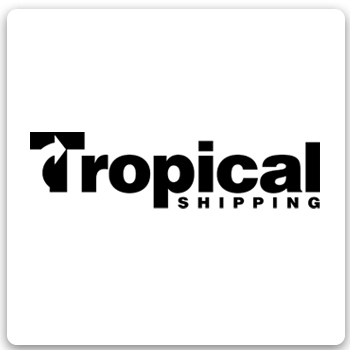 Tropical Shipping
Tropical Shipping
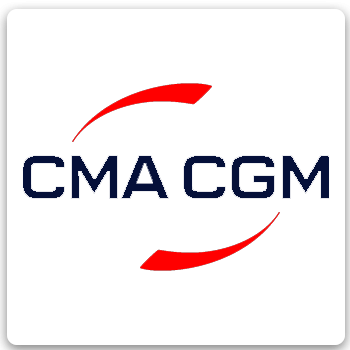 CMG CGM
CMG CGM
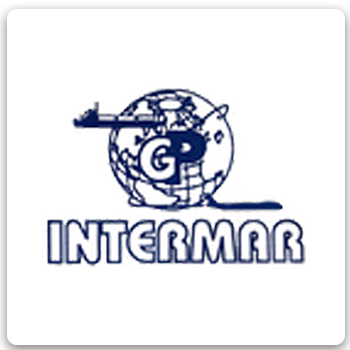 Intermar Shipping
Intermar Shipping
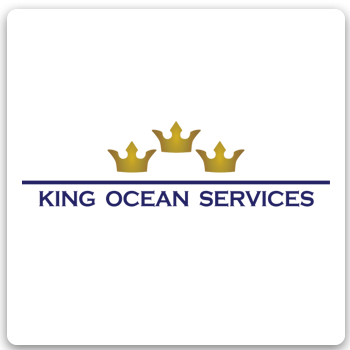 King Ocean
King Ocean
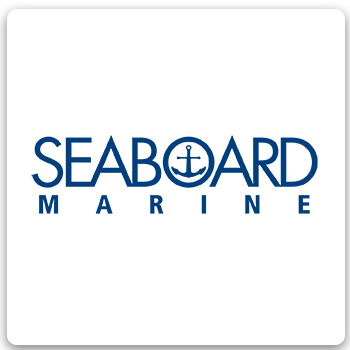 Seaboard Marine
Seaboard Marine
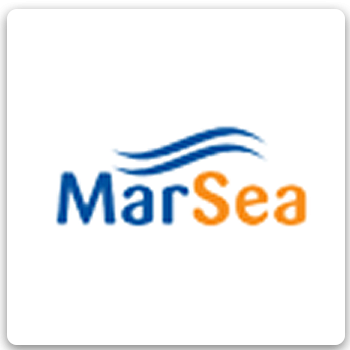 MarSea
MarSea